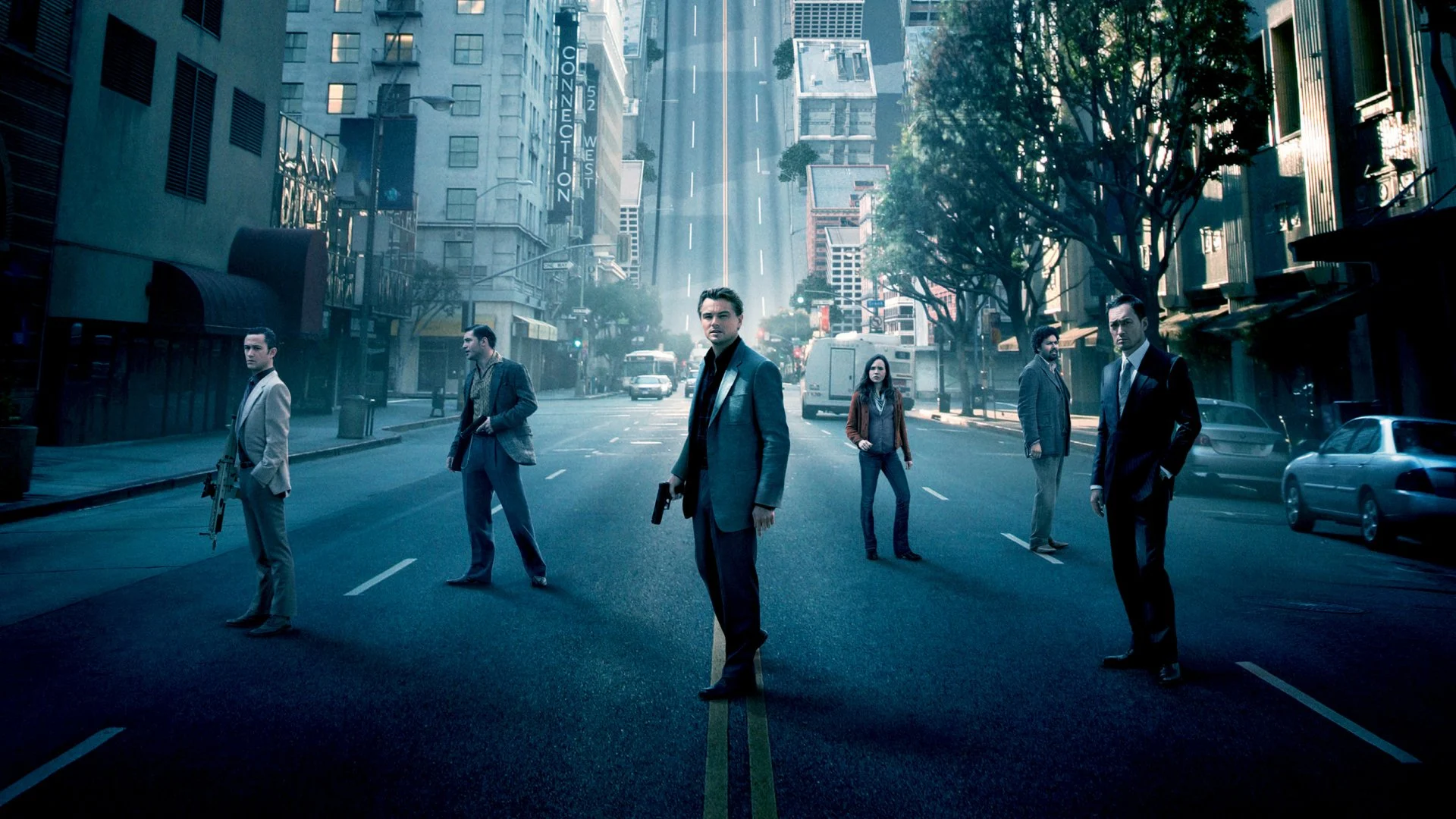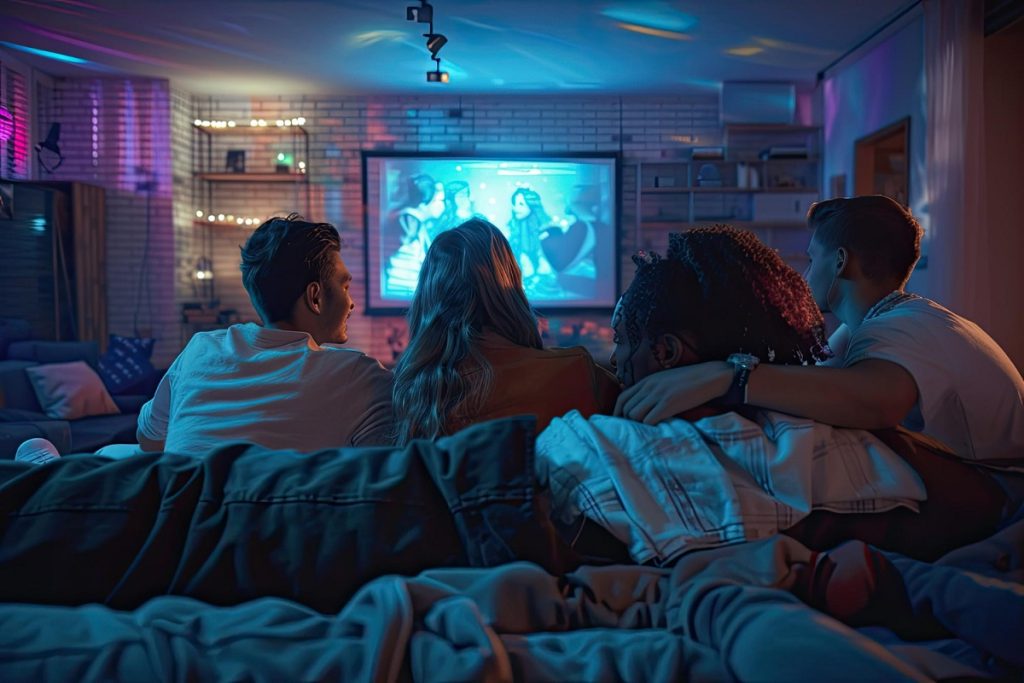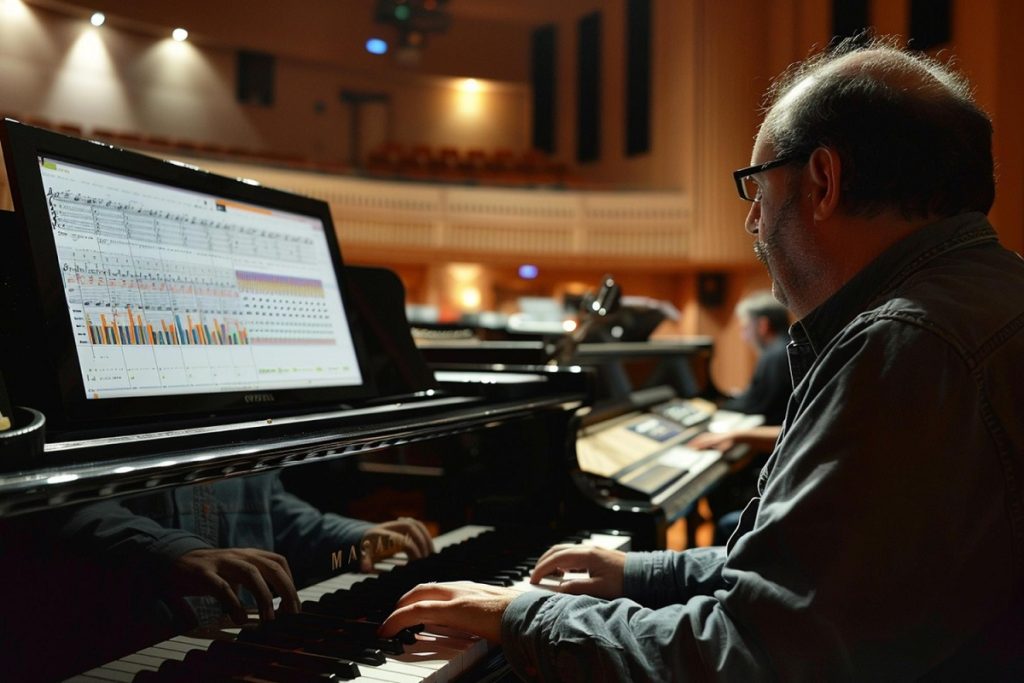The integration of soundtracks in movies, TV shows, and video games extends far beyond mere background music; it is an essential part of storytelling that enhances emotional depth and narrative complexity.
A compelling score serves as the heartbeat of visual media, offering not just support, but also enriching the atmosphere and driving the audience’s emotional response.
From the eerie strings in Alfred Hitchcock’s Psycho to the iconic, sweeping melodies of John Williams in Star Wars, music sets the tone and ethos of a scene, often becoming as iconic as the visuals they accompany.
Inception’s landmark in cinematic sound
In 2010, Christopher Nolan’s Inception broke ground not just visually but also sonically through its innovative score composed by Hans Zimmer. Zimmer, already renowned for his work on The Lion King, Gladiator, and The Dark Knight, pushed the boundaries with Inception’s score by integrating a blend of electronic music with traditional orchestral compositions.
The inception of the BRAAAM sound
One of the most groundbreaking aspects of Zimmer’s composition for Inception was the introduction of the BRAAAM sound—a bold, blaring horn sequence that has since become ubiquitous in action films and trailers.
This sound effect, symbolic of the tension and grandeur of Nolan’s film, has not only redefined trailer music but has also become a staple in marking moments of climax and significance in contemporary cinema.
Emotional resonance and narrative synchronicity
Moreover, Zimmer’s music in Inception uniquely mirrors the film’s complex narrative structures and layers. The use of a slowed-down version of Edith Piaf’s Non, Je Ne Regrette Rien throughout the score is a vital narrative device in itself, connecting directly to the film’s themes of memory and time.
This integration of soundtrack and story detail is an excellent example of how music in film can transcend traditional roles, becoming an integral part of the narrative mechanic itself.
Cultural impact and legacy
The score’s influence extends beyond the confines of the film. It has shaped public perception and industry standards regarding what a blockbuster soundtrack can and should accomplish.
Zimmer’s techniques, particularly the integration of synthesizers with classical elements, have inspired a new generation of film composers such as Ludwig Göransson, known for his work on Black Panther and The Mandalorian.
Enduring influence in other media
The reverberations of Zimmer’s work are also seen in other mediums. For instance, the video game industry has witnessed scores increasingly embracing orchestral depth paired with electronic influences, enhancing gamers’ immersive experience in ways similar to Inception’s impact on movie audiences.
Inception’s score by Hans Zimmer is not merely a backdrop to the visual spectacle; it is a dynamically interwoven component of the storytelling, enhancing and amplifying the narrative and emotional impact of the film.
Beyond its tech innovations and narrative integration, the score’s cultural footprint illustrates the power of music in film and its potential to influence a wide range of artistic media.
As such, Zimmer’s work on Inception stands as a seminal moment in film music history, marking a bold step forward in the evolution of the sound of modern cinema.






